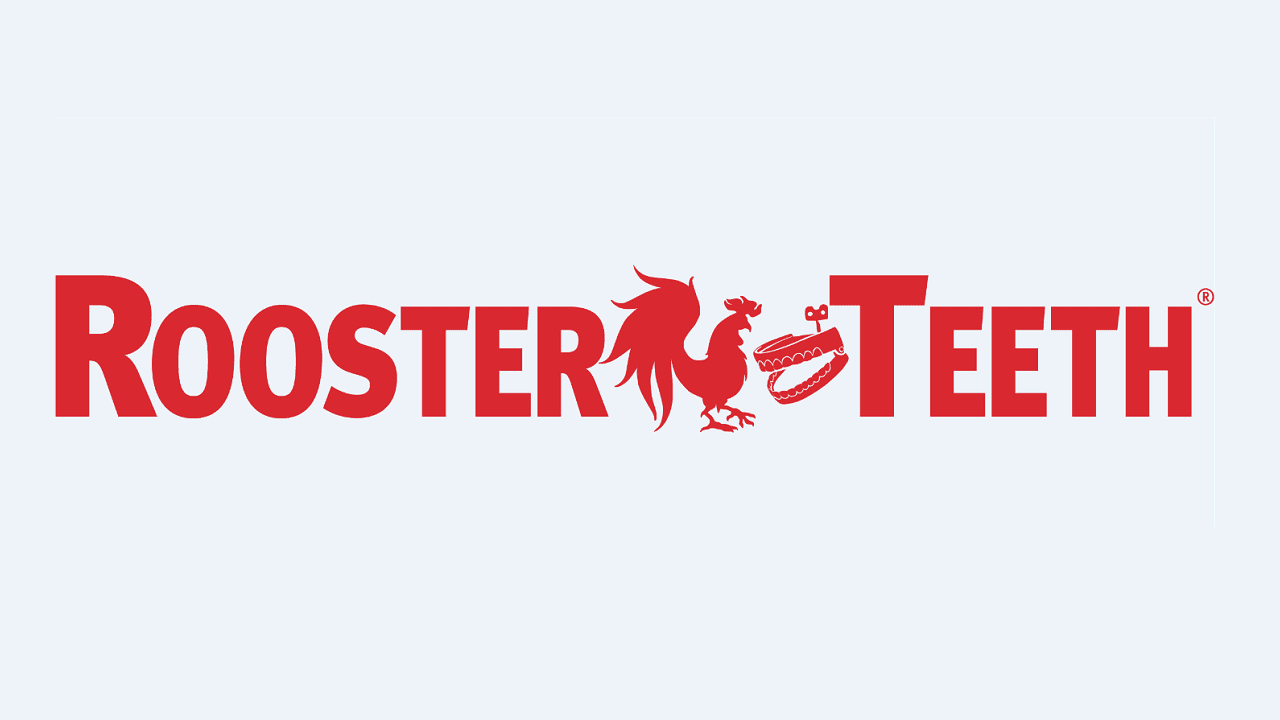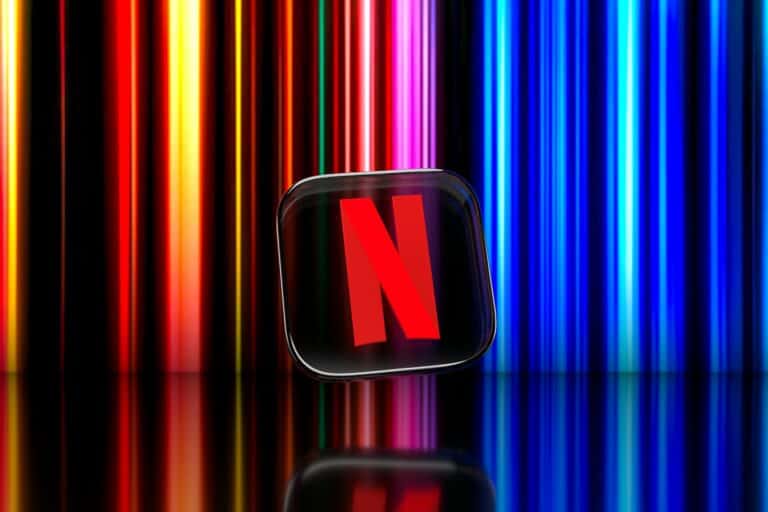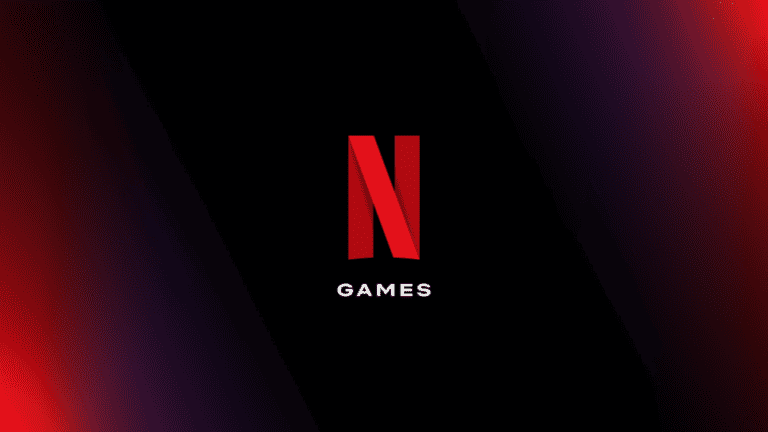Rooster Teeth, a well-known name in the world of animation comedy and gaming, is closing its doors. Owned by Warner Bros. Discovery, the studio has faced significant challenges in the digital media landscape. These challenges stem from changes in how people watch content and how money is made from ads and support from fans.
Rooster Teeth Explained
| Aspect | Description |
|---|---|
| Founded | 2003 |
| Content | Produces a variety of online entertainment including: |
| * Animation: Series like “Red vs. Blue” (their breakout hit) and “RWBY” | |
| * Comedy: Let’s Play videos (gaming with commentary) through channels like Achievement Hunter and Funhaus | |
| * Podcasts: Covering various topics like gaming, movies, and internet culture | |
| * Live Events: RTX (Rooster Teeth Expo) | |
| Business Model | |
| * Free Content: Available on YouTube: URL youtube ON youtube.com and their website | |
| * FIRST Membership: Paid subscription for exclusive content and early access | |
| * Live Events: Ticket sales for RTX and other events | |
| Current Status | |
| * Subsidiary of: Warner Bros. Discovery | |
| * Recent Controversies: Allegations of workplace misconduct | |
| Overall | Pioneered online entertainment and machinima (using video games to create films). Known for their humor and passionate community. |
The company, which started in 2003, has been a pioneer in creating popular shows like “Red vs. Blue” and “RWBY.” Despite efforts by Warner Bros. Discovery to keep it going, the changing environment for online media has led to the difficult decision to shut down. This move highlights the ongoing shifts in the entertainment industry, affecting companies and viewers alike.
Key Takeaways
- Rooster Teeth’s shutdown after 20 years points to the harsh realities of the ever-evolving digital media landscape, emphasizing the need for adaptability in content creation and monetization strategies.
- The closure affects not only the 150 employees and numerous contributors of Rooster Teeth but also its global fan community, signaling a significant shift in the online entertainment industry.
- Challenges such as changing viewer habits, difficulties in monetizing content, and the pressures of maintaining relevance in a saturated market were key factors in the company’s downturn.
- Despite the closure, Rooster Teeth’s legacy of pioneering online media and community building remains a valuable study for digital content creators, illustrating the importance of innovation and audience engagement.
- Warner Bros. Discovery’s cost-cutting measures, including the shutdown of Rooster Teeth, reflect broader industry trends towards efficiency and profitability amidst challenging market conditions.
- The future of online media entertainment hinges on adaptability, direct audience engagement through platforms like social media, and the exploration of new content delivery methods, underscoring the importance of flexibility and innovation in sustaining viewer interest.
Impact of Rooster Teeth’s Closure
Rooster Teeth’s shutdown marks a significant moment in the world of online media. The studio, once a powerhouse in animation, comedy, and gaming, faced tough challenges. Changes in how people watch shows and how money is made online hit them hard. This closure is a big deal for several reasons.
First, 150 employees and many contractors are in a tough spot. Their future is uncertain. While some may find new jobs quickly, others might struggle. The loss of Rooster Teeth means a loss of jobs. That’s bad news for those involved.
Second, fans worldwide are feeling the impact. Shows like “Red vs. Blue” and “RWBY” have big followings. These fans made communities around Rooster Teeth’s content. Now, these communities are unsure about what comes next. They’ve lost a source of entertainment and connection.
Third, the closure shines a light on the bigger picture in the digital media landscape. Rooster Teeth wasn’t the only one facing problems. Many companies are finding it hard to make money and keep viewers engaged. The way people watch content has changed. Companies need to adapt, but not all succeed.
Finally, Rooster Teeth’s end could scare investors and other companies. If a studio as big and beloved as Rooster Teeth can shut down, what does that mean for others? It raises questions about the stability of the industry. Other studios might rethink their strategies or be more cautious in the future.
In short, Rooster Teeth’s closure affects employees, fans, the industry, and even investors. It’s a clear sign of the changing times in digital media.
Challenges Faced by Rooster Teeth
Rooster Teeth, a big name in digital entertainment, recently announced it’s shutting down. This closure brings to light the hurdles the company faced in a rapidly changing tech landscape. The primary issues revolved around shifts in how people watch content and how money is made from it.
First, consumer behavior has dramatically changed. People now expect a lot from online media, often wanting high-quality entertainment for free. This expectation made it tough for Rooster Teeth to keep up. They needed to constantly innovate and produce captivating content that stood out in a crowded market.
Another big challenge was monetization. Making money from digital content isn’t easy. The company relied on different methods like ads, sponsorships, and fan support. However, with the evolution of ad blockers and the vast choice of content available, securing steady revenue became increasingly difficult.
Advertising, once a reliable income source, faced setbacks too. Ad rates can fluctuate widely, and with the advent of new platforms, advertisers are spreading their budgets thinner. This inconsistency posed a problem for Rooster Teeth, affecting its ability to plan and invest in new projects.
Lastly, the shift towards diverse platforms impacted their strategy. Fans now consume media across various devices and services, complicating how content is delivered and monetized. Rooster Teeth had to adapt to these platforms, each with its own rules and revenue models.
These challenges highlight the tough realities of the digital media world. Companies must navigate an ever-shifting environment to survive. Rooster Teeth’s journey showcases the importance of adaptability and innovation in this high-stakes domain.
Legacy of Rooster Teeth
Rooster Teeth started in 2003 and quickly grew into a big name in digital entertainment. Over the years, they made many web shows that fans loved. They were known for their creativity and connecting with viewers in new ways. Their journey shows how online media companies can make a big impact.
Rooster Teeth wasn’t just making shows. They built a community around their content. Fans didn’t just watch; they engaged, talked, and even met up at events like RTX, Rooster Teeth’s own convention. This community became a huge part of their success. It showed other companies the power of building strong relationships with their audience.
The company also faced challenges, like changing how people watch videos and how to make money from their work. They tried moving their content to their own website to get more control over their revenue. This was a big step but also a risky one. The digital world changes fast, and keeping up can be hard.
Their story teaches other media companies important lessons. Firstly, having a strong connection with your audience matters a lot. Secondly, being bold and trying new things is essential in the digital age. However, companies also need to be ready to adapt quickly to changes in the online world.
Rooster Teeth’s closing marks the end of an era but their legacy lives on. They showed what’s possible in digital entertainment and left a lasting mark on the industry.
Warner Bros. Discovery’s Efforts to Sustain Rooster Teeth
Warner Bros. Discovery, the parent company, has been on a mission to cut costs across the board. This action comes amid a broader strategy to streamline operations and reduce expenses. They’ve been making some tough choices lately. That includes canceling movies already made and shutting down services like MotorTrend’s streaming platform.
Rooster Teeth found itself in a challenging spot. As a part of Warner Bros. Discovery, it wasn’t immune to these cost-cutting measures. The company, known for its hit web series and strong community ties, faced significant hurdles. Despite its popularity, changing viewer habits and the struggle to pull in revenue put pressure on its operations.
Warner Bros. Discovery’s approach wasn’t just about cuts, though. It also involved looking for ways to keep some parts of its businesses going. The continuation of The Roost podcast network, part of Rooster Teeth, is one example. This move highlights an effort to preserve segments of the company that still show promise.
Cost reduction efforts by Warner Bros. Discovery echoed across its global operations. The company even planned to close its New Zealand TV news provider. These steps show a pattern of prioritizing profitability and efficiency in a challenging media landscape.
Rooster Teeth’s journey under Warner Bros. Discovery has been a mix of attempts to adapt and hard decisions to cut losses. Despite the challenges, efforts were made to find sustainable paths forward for parts of the business.
The Future of Online Media Entertainment
The closure of Rooster Teeth marks a turning point in the online media industry. It reflects how digital media companies must adapt to survive. Changes in how people watch shows and make purchases challenge these companies. They must find new ways to make money and keep viewers interested.
Many media companies are now focusing on cutting costs. They are also trying to find what works best in the changing market. For example, some are turning to podcast networks or specialized content. This strategy aims to attract dedicated audiences who are willing to support what they love.
The rise of social media platforms also plays a big role. These platforms offer new ways for creators to reach their fans directly. They can share their content without needing a big company behind them. This could lead to more creative freedom and a wider variety of shows and games for viewers.
However, this shift is not easy. The end of Rooster Teeth shows that even popular companies can struggle. They need a solid plan to deal with changes in viewer habits and how money is made online.
The future of online media entertainment is uncertain but full of possibilities. Companies and creators who adapt quickly to changes and understand their audience can find new ways to succeed. The key is to stay flexible and open to new ideas while keeping a close eye on what viewers want and how they want to consume content.
Conclusion
Rooster Teeth’s shutdown marks a critical juncture for the digital media sector, emphasizing the importance of adaptability and innovation. As companies grapple with changing viewer habits and financial models, the path forward lies in embracing new content forms and leveraging direct engagement with audiences through social media. The closure serves as a stark reminder of the volatile nature of the online entertainment industry but also highlights the potential for growth and reinvention. For digital media entities willing to navigate these shifts with agility and an in-depth understanding of their viewers, the future holds promise. Rooster Teeth’s end is not just a farewell but a call to action for the industry to evolve and thrive in an ever-changing digital landscape.
Frequently Asked Questions
Did Burnie leave Rooster Teeth?
Burnie Burns left Rooster Teeth on June 11, 2020, moving away from the United States. His current residence, as revealed on December 27, 2023, is in Scotland, where he has stepped back from public life.
Why is Rooster Teeth shutting down?
Rooster Teeth is shutting down due to shifts in consumer behavior and challenges in monetization methods such as advertising and patronage that have fundamentally affected the digital media landscape.
How is Rooster Teeth doing financially?
As of 2023, Rooster Teeth reported $75.0 million in revenue. The company employs 419 people, resulting in a revenue per employee ratio of approximately $178,998, marking this year as their peak revenue period.
Why did Burnie Burns quit?
Burnie Burns’ decision to leave was part of a long-term plan stemming from a desire to move out of the public eye and relocate to the United States with his wife, Ashley Jenkins. He elaborated on this move on his website, www.burnie.com.
Is Rooster Teeth still around?
Yes, Rooster Teeth is currently operational and celebrated its 20th anniversary as a subsidiary of Warner Bros. Discovery. The company is headquartered in Austin, Texas.







